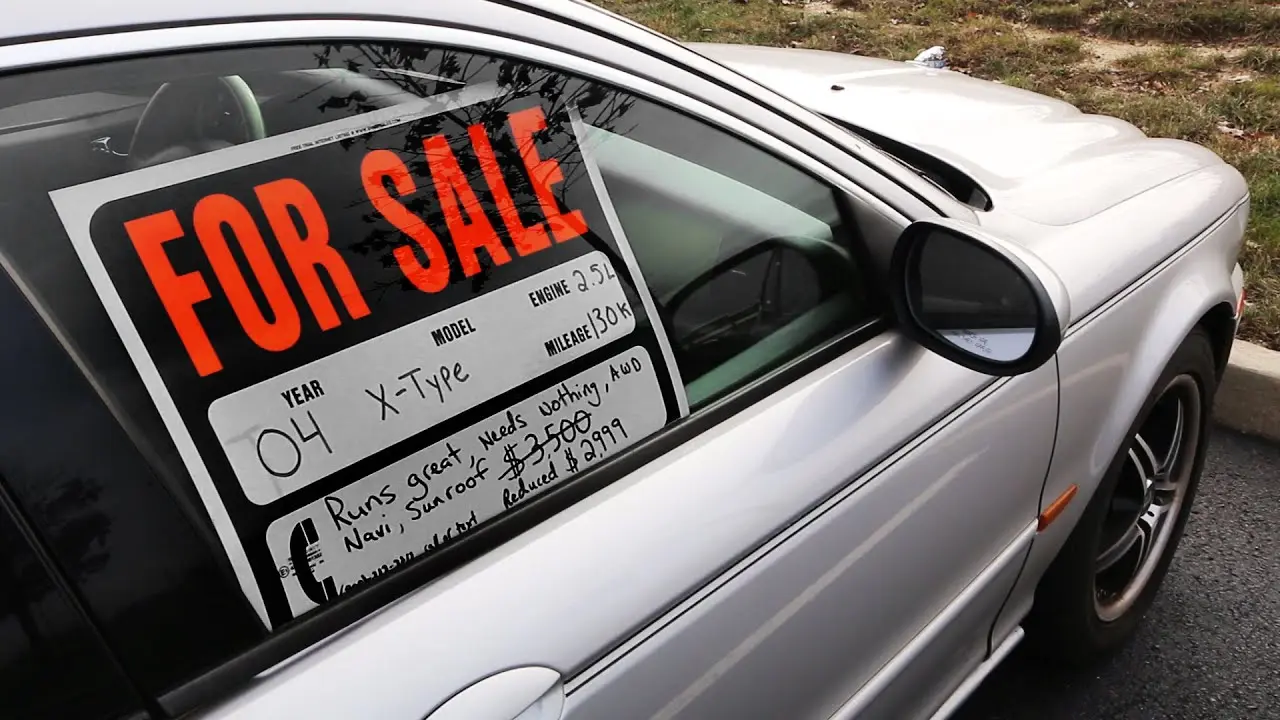
Set a Realistic Budget and Plan for Extra Costs
When thinking about how much you can spend on a used car, remember that the sticker price is only part of the expense. Besides the purchase price, you’ll need to account for taxes, registration fees, insurance premiums, and any immediate repairs or upgrades the car might need. Some used cars, even if cheaper upfront, can be more expensive to insure or maintain, depending on the model and condition. Planning for these additional costs early will keep you from getting overwhelmed later and help you stick to vehicles that truly fit your financial situation.
Research Reliable Models and Common Problems
Choosing the right car isn’t just about finding something that looks good. You need a vehicle that will be dependable for years to come. Spend time researching models known for their reliability, low maintenance costs, and strong resale value. It's smart to look up common issues that tend to appear with the specific make and model you're considering. Sites like Consumer Reports, J.D. Power, and owner forums can provide valuable insights from real-world experiences. Knowing what to expect from a particular car model can save you from inheriting costly problems.
Review the Vehicle’s History and Condition
A vehicle history report is an essential tool when buying used. Services like Carfax or AutoCheck can uncover major red flags such as previous accidents, flood damage, or title issues. Even if the history looks clean, an in-person inspection is critical. Examine the car's body for signs of rust, uneven paint (which might suggest past accidents), and check the tires for even wear. Don’t forget to test every function inside the car, from the lights to the air conditioning to the infotainment system. A careful inspection could reveal warning signs that might not show up on paper.
Test Drive and Get a Professional Inspection
Taking the car for a test drive is one of the most important steps in evaluating a used vehicle. Listen carefully for strange noises, feel how the car handles at different speeds, and test how well the brakes and steering respond. Try to drive it on both city streets and highways to get a full sense of its behavior. However, even a great test drive can’t reveal everything. Hiring a trusted mechanic for a pre-purchase inspection can uncover hidden problems that could cost you thousands later. It’s a small investment that can make a huge difference in your buying decision.
Understand the Paperwork and Be Ready to Negotiate
Finally, before closing the deal, review all the paperwork carefully. Make sure the title is clean and properly signed over, and that the VIN matches the documents. Be cautious with "as-is" sales where no warranty is offered, and understand exactly what you're agreeing to. When it comes to price, remember that most sellers expect some negotiation. Come prepared with research on the car’s market value from sites like Kelley Blue Book or Edmunds, and don’t be afraid to walk away if the deal doesn’t feel right. Being confident and informed gives you the best chance of getting a car you’ll be happy with — and at the right price.
